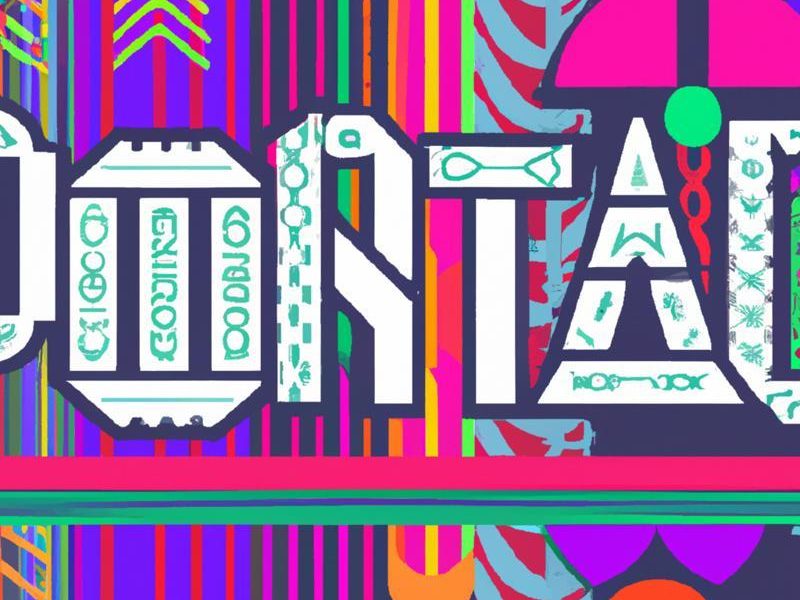Choosing whether to lease or buy a car can be a difficult decision. Both options have their pros and cons, and the choice ultimately depends on your personal circumstances and preferences. Leasing a car, in particular, has become a popular choice in recent years, but it’s not without its drawbacks. In this article, we’ll explore the pros and cons of leasing a car, the differences between leasing and financing, and help you decide whether leasing a car is a good idea for you. We’ll also discuss some key considerations to keep in mind when deciding whether to lease or buy a car.
The Difference Between Lease and Finance: Which Is Better?
When it comes to getting a new car, there are generally two options: leasing or financing. Leasing a car involves paying a monthly fee to use the car for a set period of time, typically 2-4 years, after which the car is returned to the dealership. Financing a car, on the other hand, involves taking out a loan to purchase the car and making monthly payments until the loan is paid off.
The choice between leasing and financing depends on your individual circumstances and preferences. Leasing a car may be a good option if you want to drive a new car every few years, have lower monthly payments, and don’t want to worry about the car’s resale value. Financing a car, on the other hand, may be a better option if you want to own the car outright, have the flexibility to modify the car as you please, and plan to keep the car for a longer period of time.
There are also some key differences in terms of costs and obligations. With a lease, you may have to pay additional fees for exceeding mileage limits or for excessive wear and tear on the car. With financing, you’ll need to factor in the interest rate on the loan and any fees associated with the loan.
Ultimately, the decision between leasing and financing a car depends on your individual circumstances and priorities. It’s important to carefully consider the costs and benefits of each option and to choose the one that best meets your needs.
Advantages of Leasing a Car: Why It Might Be a Good Idea
Leasing a car can be a smart choice for some people, depending on their individual circumstances and preferences. Here are some advantages of leasing a car to consider:
- Lower monthly payments: Leasing a car typically results in lower monthly payments compared to financing or buying outright. This is because you’re essentially renting the car for a set period of time and paying for the depreciation, rather than the full cost of the car.
- More flexibility: Leasing a car allows you to drive a new car every few years, which can be appealing if you like to have the latest technology and features. It also means you don’t have to worry about selling or trading in the car when you’re ready for a new one.
- Less maintenance and repair costs: With a lease, you’re typically covered by the manufacturer’s warranty for the duration of the lease term. This means you’ll have less out-of-pocket expenses for maintenance and repairs compared to owning a car outright.
- Tax advantages: In some cases, leasing a car can result in tax advantages, particularly for business owners who use the car for business purposes. This can include deductions for lease payments, as well as expenses related to using the car for business.
- No worries about resale value: With a lease, you don’t have to worry about the car’s resale value, as you’ll simply return the car to the dealership at the end of the lease term. This can be a relief for those who don’t want to deal with the hassle of selling a car.
Disadvantages of Leasing a Car: What You Need to Know
While leasing a car has its advantages, there are also some disadvantages to consider before making a decision. Here are some key drawbacks to keep in mind:
- Higher total cost: Over the long term, leasing a car can be more expensive than financing or buying outright. With leasing, you’re essentially renting the car and paying for the depreciation, interest, and fees associated with the lease. You won’t own the car at the end of the lease term, so you’ll need to lease another car or buy one outright.
- Mileage restrictions: Most leases come with mileage restrictions, which can be a problem if you do a lot of driving. If you go over the mileage limit, you’ll typically have to pay a penalty fee, which can be expensive.
- Maintenance and repair costs: With a lease, you’re responsible for maintaining the car and keeping it in good condition. This can include regular maintenance like oil changes and tire rotations, as well as any repairs that are needed. If you don’t take care of the car, you may have to pay additional fees at the end of the lease term.
- Limited customization: When you lease a car, you typically can’t make any modifications or customizations to the car. This means you’ll have to live with the car as-is for the duration of the lease term.
- Early termination fees: If you want to get out of a lease early, you may be subject to early termination fees, which can be costly. This can be a problem if your financial situation changes or if you decide you don’t like the car.
Overall, leasing a car can be a good option for some people, but it’s important to carefully consider the costs and drawbacks before making a decision.
Leasing vs. Buying a Car: Which Option Is Right for You?
Deciding whether to lease or buy a car is a big decision that depends on your individual needs, preferences, and financial situation. Here are some key factors to consider when deciding between leasing and buying:
- Monthly payments: Leasing typically results in lower monthly payments compared to financing or buying outright, but you won’t own the car at the end of the lease term. Financing or buying outright will result in higher monthly payments, but you’ll own the car outright when the payments are complete.
- Long-term costs: While leasing may result in lower monthly payments, it can be more expensive over the long term due to fees and interest charges. Buying outright may have a higher initial cost, but it can be less expensive over time.
- Mileage restrictions: Leasing typically comes with mileage restrictions, which can be a problem if you do a lot of driving. If you go over the mileage limit, you’ll typically have to pay a penalty fee. If you buy outright, there are no mileage restrictions to worry about.
- Customization: With leasing, you typically can’t make any modifications or customizations to the car. If you buy outright, you can make any changes you like.
- Resale value: With leasing, you don’t have to worry about the car’s resale value, as you’ll simply return the car to the dealership at the end of the lease term. If you buy outright, you’ll need to think about the car’s resale value when it’s time to sell or trade it in.
Ultimately, the decision to lease or buy a car depends on your individual circumstances and preferences. It’s important to carefully consider the costs and benefits of each option before making a decision.
The Bottom Line
When deciding whether to lease or buy a car, there are several factors to consider. Leasing can be a good option for those who prioritize lower monthly payments, more flexibility, and less maintenance and repair costs. However, it can be more expensive over the long term due to fees and interest charges. Buying outright may have a higher initial cost, but it can be less expensive over time. It also allows for more customization and has no mileage restrictions. Resale value is another factor to consider, as leasing removes the need to worry about the car’s resale value. Ultimately, the decision to lease or buy a car depends on individual circumstances and preferences. It’s important to carefully consider the pros and cons and choose the option that best meets your needs.


